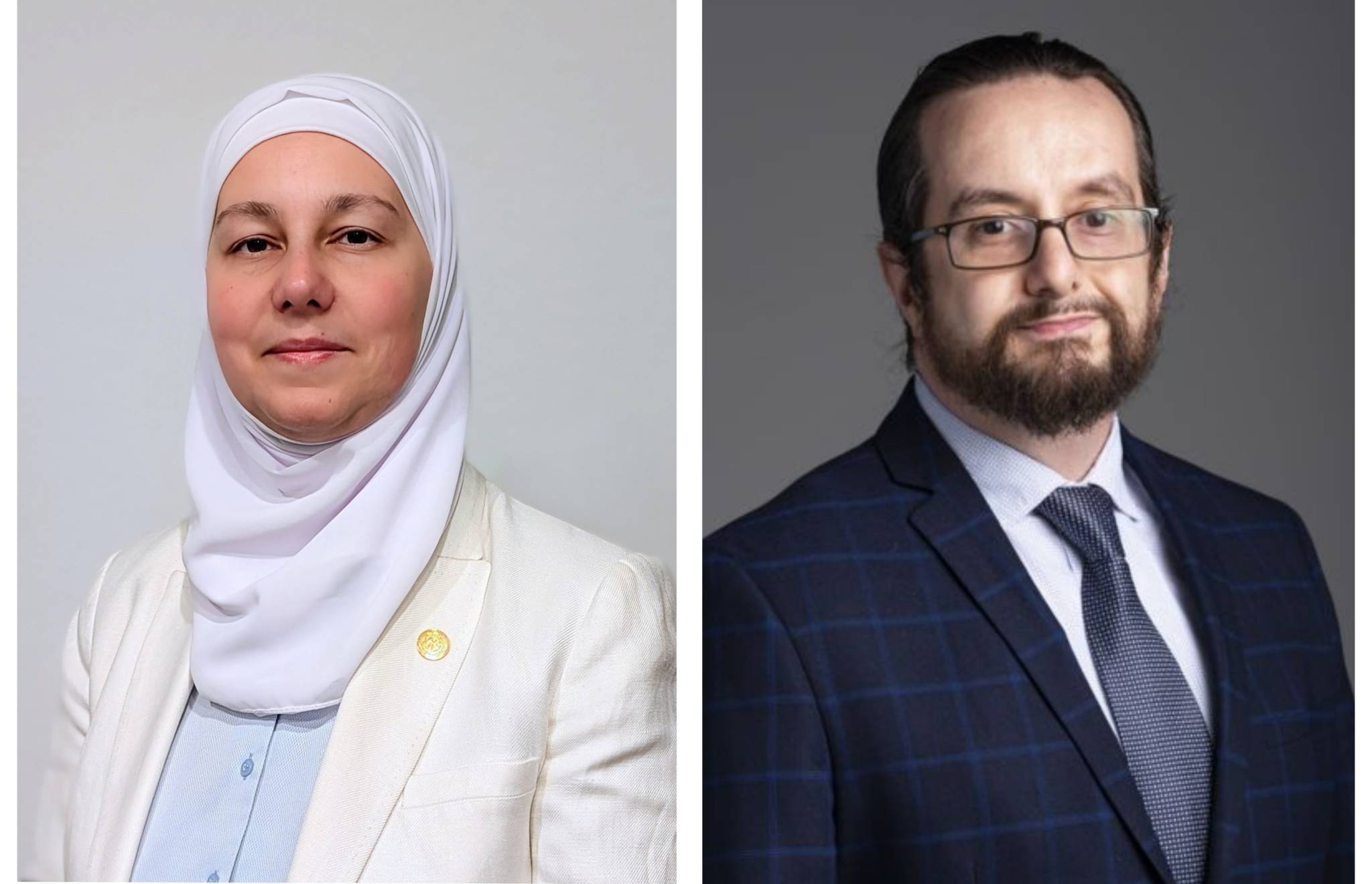Texas State University has launched the world’s first university-level course to train students in creating interior spaces that actively support individuals living with mental illnesses, including autism, dementia, depression, schizophrenia and anxiety disorders.
Known as “architectural psychopathology,” the course was developed by faculty from different colleges within TXST.
Mais Aljunaidy, Ph.D., an assistant professor in the Department of Psychology, and Nadim Adi, Ph.D., an assistant professor in the Department of Interior Design, collaborated to create the interdisciplinary effort from the ground up.
Offered for the first time during the fall 2025 semester, the course bridges psychology and design, encouraging students to become more thoughtful about living spaces as well as advocates for building codes and design practices that prioritize mental health, setting a powerful precedent for academia worldwide.
Unlike traditional architectural psychology, which studies the general impact of built environments on human behavior and well-being, architectural psychopathology focuses on designing for individuals with specific mental health challenges. This course is the first of its kind to provide comprehensive guidance on how interior design features can be tailored to support people with mental health conditions, from eating and sleep disorders to personality and anxiety disorders.
By defining and establishing architectural psychopathology as a unique field of study, TXST is positioning itself at the forefront of a worldwide movement. This reflects a commitment not only to academic excellence but also to shaping a future where architecturally therapeutic environments become the standard across communities.
